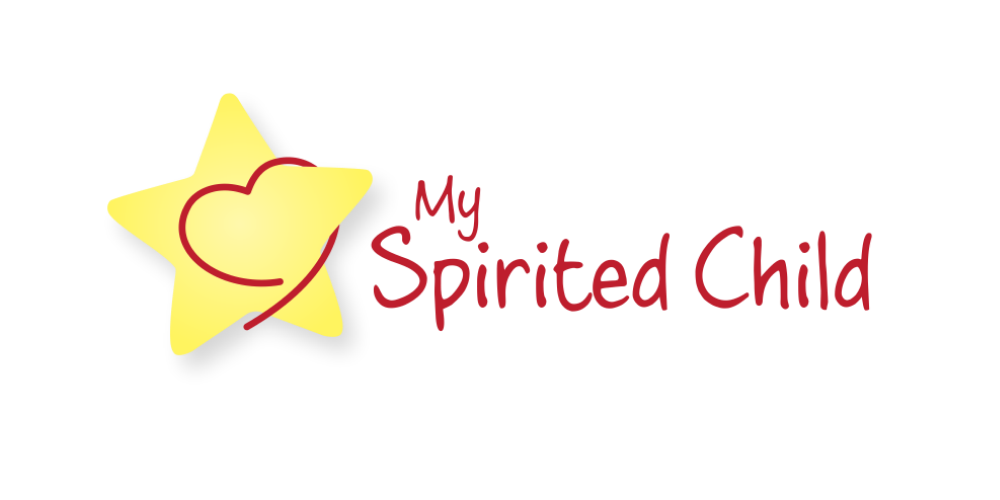Dyscalculia by Anne Vize
Many people have heard of dyslexia, a specific reading difficulty which affects around one in ten people. But it’s lesser known cousin, dyscalculia, can also create difficulties for children and adults alike.
Dyscalculia is also a specific learning difficulty and tends to be seen in people who also have other conditions such as dyslexia.
It causes difficulties in working with numbers and particularly in understanding and using sequences and patterns and in working backwards (such as performing subtraction tasks). Early on these children may seem to have greater difficulty in doing things like saying how many items are in a collection, such as the number of dots on the face of a dice or the number of Lego pieces that have been placed in a small group on a table top.
Over time, these children find maths more and more challenging, especially if their condition remains undiagnosed. They may begin to feel negative about maths activities and can start to act out in class or fail to complete required tasks.
These can be the children who ultimately become disengaged from education in general and drop out early. As adults they can find daily maths activities such as
budgeting, shopping, reading recipes and understanding medication instructions
difficult. It can also affect their ability to find and keep work as many jobs also
require the ability to use maths in some form.
Providing support to young people who have difficulties with their maths skills in a planned and specific way can help.
Identify the reasons behind their problems early on if possible and encourage the child or young person to be an active part of planning their own learning. Approaches which are focussed on child centred support and which promote the idea of the child or young person directing the course of their own learning are often helpful. Try asking them specific questions like ‘How do you learn best?’ or ‘what have we done in class that has worked well for you?’
This can guide the teaching and support that is offered, so you can do more of what works well and less of what does not.
Written by Anne Vize.
My Special Child would like to sincerely thank Anne Vize for writing this guest article for us.
Anne Vize is a Victorian Author who specialises in writing books for and about children with special / additional learning needs. Anne writes for several educational publishers and her books can be found in schools, early childhood centres and libraries.
 Real World Maths – building skills for diverse learners
Real World Maths – building skills for diverse learners
By Anne Vize is a resource book that is ideal for supporting young people who struggle with their maths learning. They may have a learning difference, an intellectual disability, be learning English as an additional language or simply find maths hard work for other reasons. It is suitable for students in upper primary through to secondary levels as well as Foundation VCAL programs.
Other Articles Why Dyslexia Doesn't Need to Hold You Back How Schools Kill Creativity by Sir Ken Robinson Dyslexia: How it Feels to Have it!



